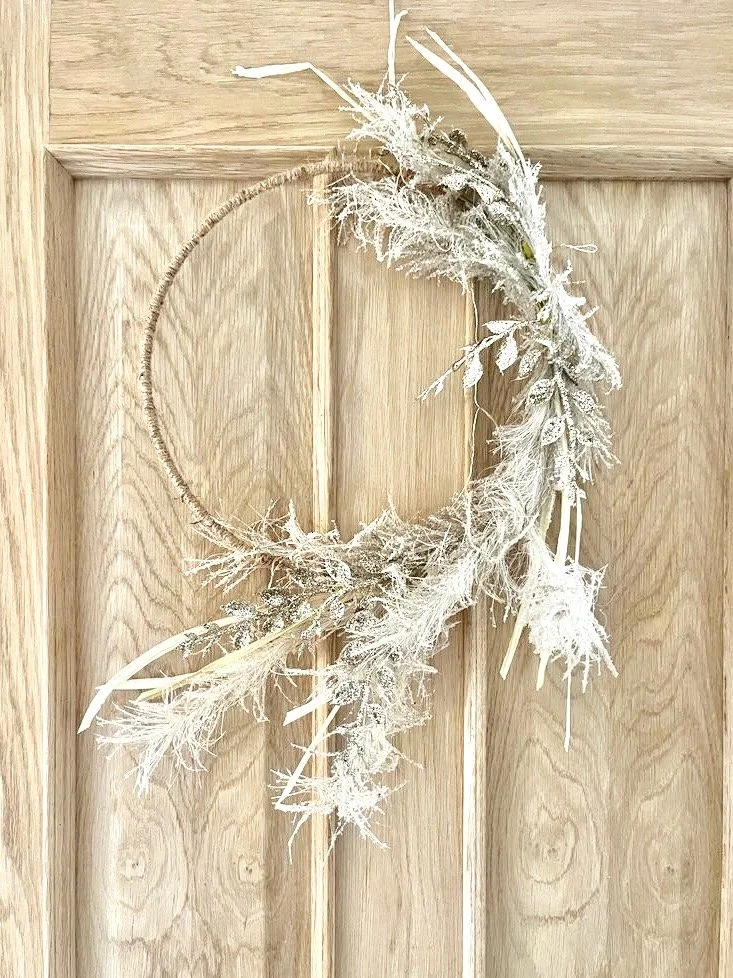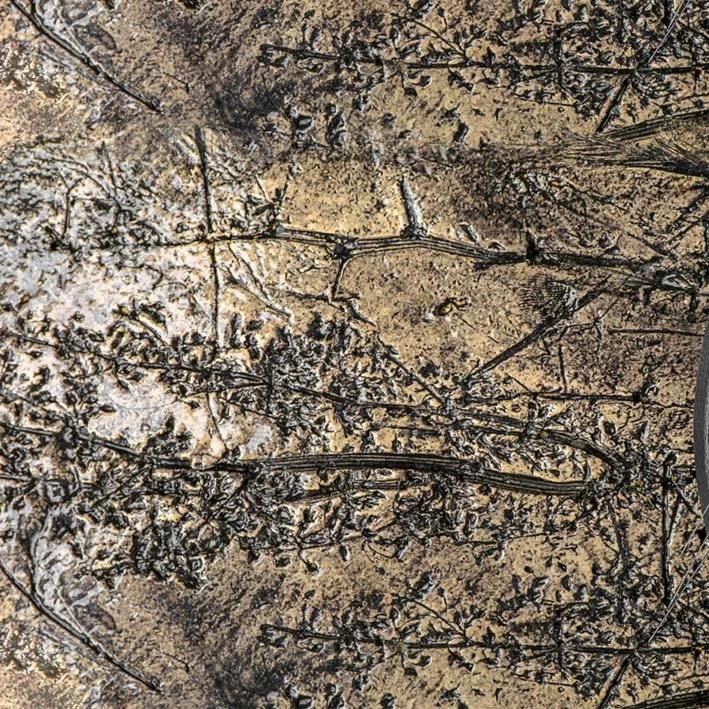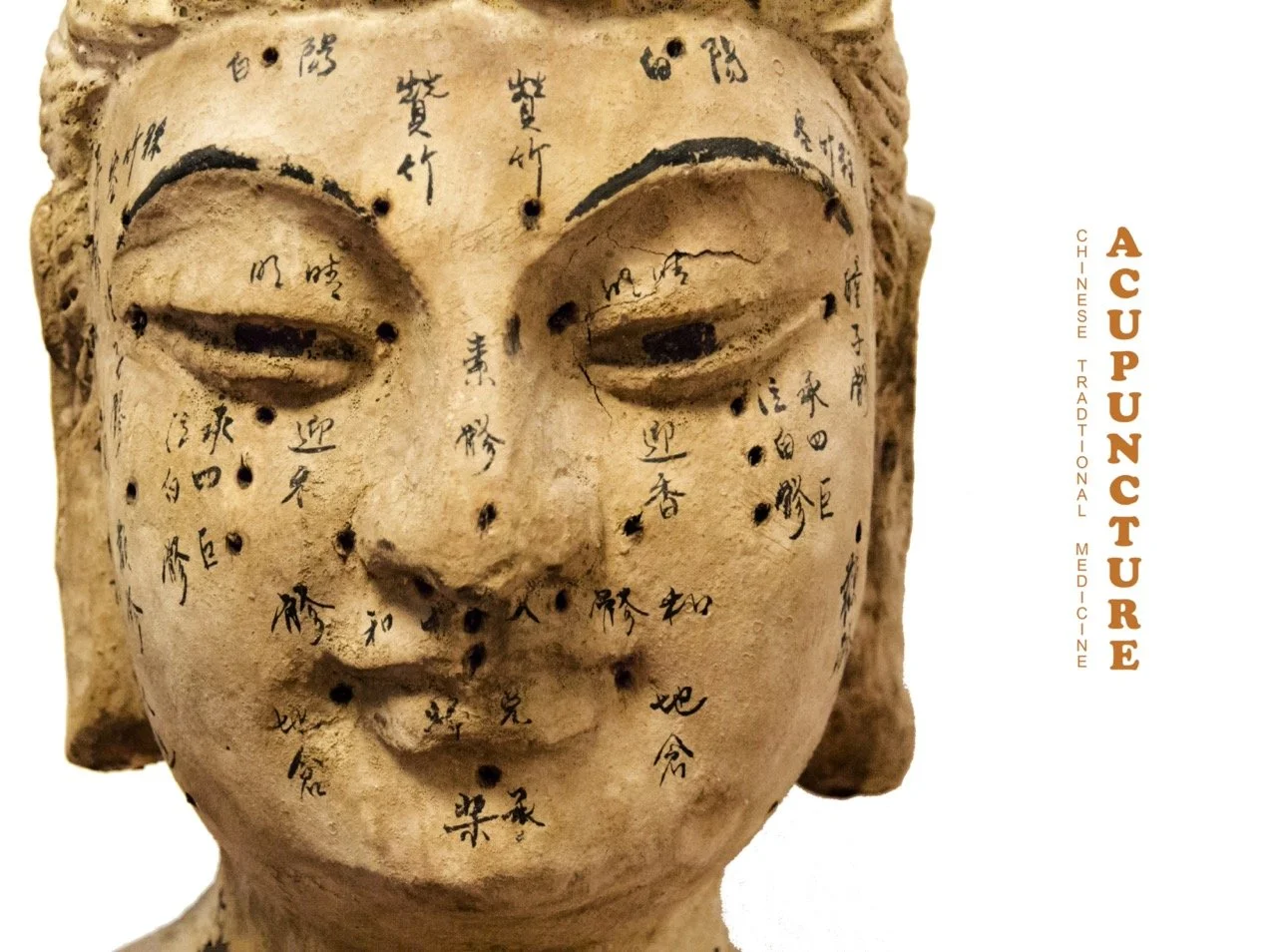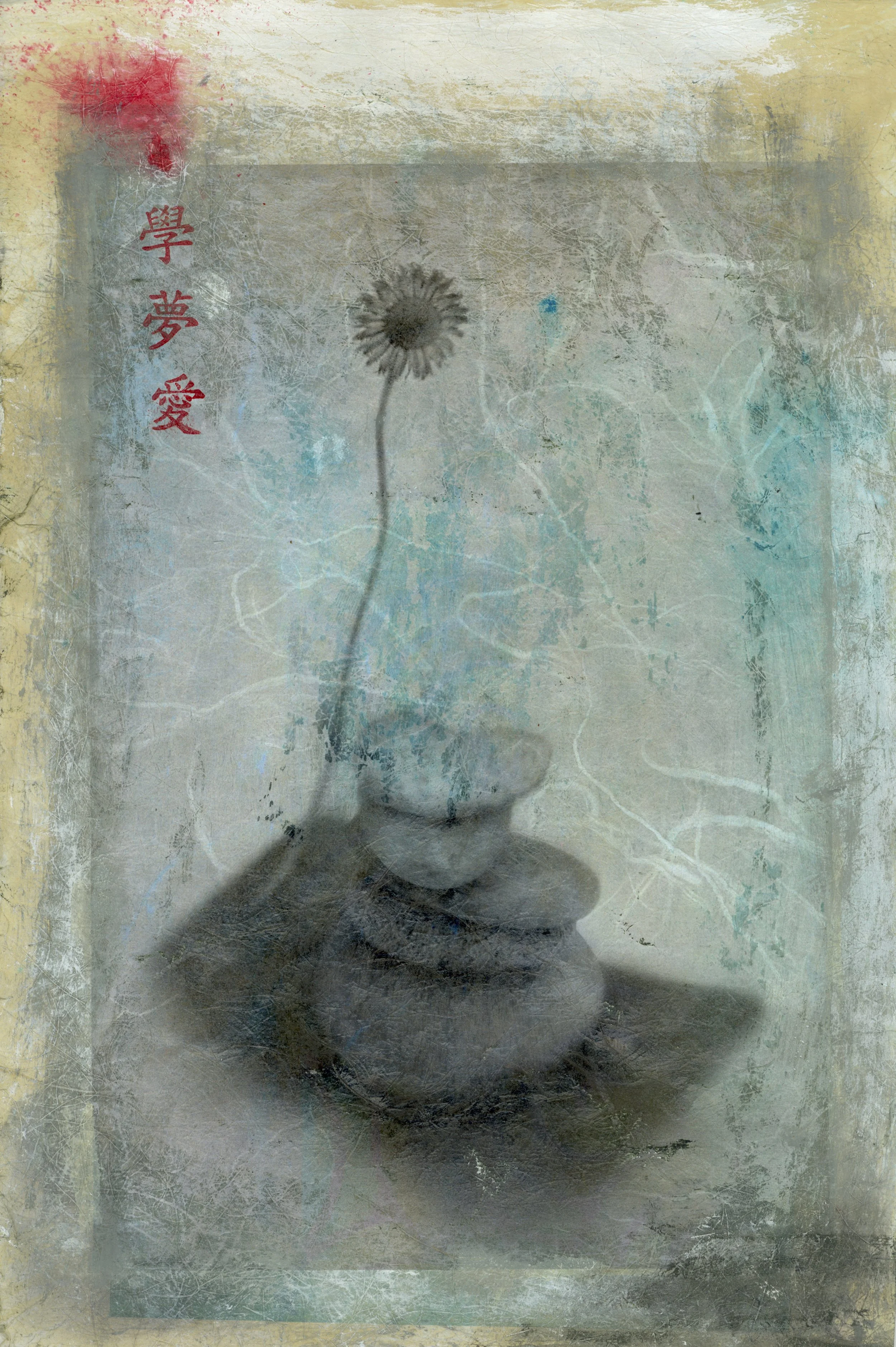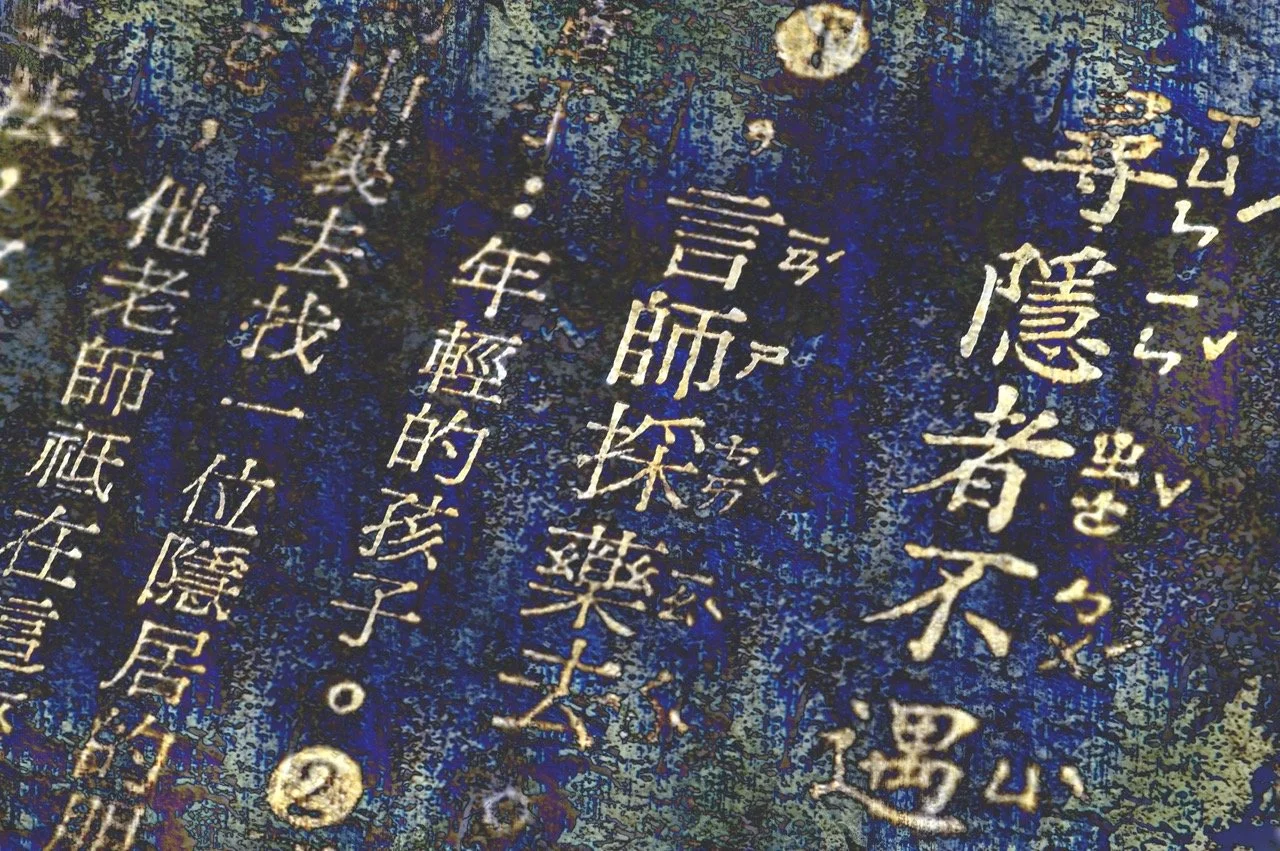Example 3: Understanding Acupuncture – FAQs Answered
If you’re new to acupuncture, you might have questions about what to expect and how it works. Here are some commonly asked questions to help you feel more at ease with this time-tested healing practice
Curious About Acupuncture? Here’s What You Need to Know
If you’re new to acupuncture, you might have questions about what to expect and how it works. Here are some commonly asked questions to help you feel more at ease with this time-tested healing practice.
How does acupuncture work?
Acupuncture is based on the concept of Qi (vital energy) flowing through meridians in the body. When Qi is blocked or unbalanced, discomfort and illness can occur. By inserting fine needles at specific points, acupuncture helps restore balance, promoting natural healing.
Does acupuncture hurt?
Most people feel little to no pain during acupuncture. The needles are extremely thin—much finer than those used for injections. Some may experience a mild tingling, warmth, or a sensation of energy movement, but discomfort is minimal.
What can acupuncture help with?
Acupuncture is known for relieving pain, stress, anxiety, digestive issues, fatigue, hormonal imbalances, and more. It supports overall well-being by addressing the root causes of imbalance rather than just symptoms.
How many sessions will I need?
Every person is different. Some feel improvements after one session, while others may need multiple treatments to see lasting results. A treatment plan is typically tailored to your unique needs and goals.
Can acupuncture be combined with other treatments?
Yes! Acupuncture works well alongside conventional medicine, physical therapy, and holistic practices like meditation and herbal medicine. It’s a complementary approach that enhances overall wellness.
If you have more questions or are curious about whether acupuncture is right for you, feel free to reach out for a consultation. Acupuncture is a gentle, effective way to support your body’s natural healing process.
Example 2: Self-Healing Through Buddhist Insight
Buddhist teachings emphasize mindfulness, presence, and the interconnected nature of all things. These principles can also guide us in our healing journey. True wellness isn’t just about addressing physical symptoms—it’s about understanding the deeper patterns that affect our well-being.
Tuning Into Your Own Healing Potential
Buddhist teachings emphasize mindfulness, presence, and the interconnected nature of all things. These principles can also guide us in our healing journey. True wellness isn’t just about addressing physical symptoms—it’s about understanding the deeper patterns that affect our well-being.
The Role of Awareness in Healing
Many ailments stem from stress, emotional imbalances, and unresolved experiences. By cultivating awareness through meditation and self-inquiry, we begin to recognize how our thoughts, emotions, and habits impact our health. Acupuncture can work alongside these practices, helping to clear stagnation and restore energetic flow.
Letting Go and Allowing Balance
Buddhism teaches that suffering often arises from resistance—whether to pain, change, or emotions. In healing, learning to soften our grip and trust the body’s wisdom is key. Acupuncture supports this process by creating space for energy to move freely, allowing the body to return to its natural state of balance.
Healing as a Journey, Not a Destination
Rather than seeking quick fixes, self-healing is about cultivating long-term awareness and care. When we approach healing with curiosity and compassion, we empower ourselves to live with greater ease, peace, and vitality.
Example 1: The Connection Between Daoism and Acupuncture
Acupuncture, deeply rooted in Daoist philosophy, is more than just a healing practice—it’s a way to align with the natural rhythms of life. Daoism teaches that health arises from balance, flow, and connection with the Dao, or “the Way.” Acupuncture follows these principles by working with the body’s Qi (vital energy) to remove blockages and restore harmony
Exploring Harmony Through Ancient Wisdom
Acupuncture, deeply rooted in Daoist philosophy, is more than just a healing practice—it’s a way to align with the natural rhythms of life. Daoism teaches that health arises from balance, flow, and connection with the Dao, or “the Way.” Acupuncture follows these principles by working with the body’s Qi (vital energy) to remove blockages and restore harmony.
Yin and Yang: The Balance of Health
Central to Daoism is the concept of Yin and Yang—opposing forces that must remain in balance for well-being. When Yin and Yang are disrupted, illness or discomfort can arise. Acupuncture helps restore this equilibrium by targeting specific meridian points, allowing energy to move freely.
Living in Flow with Nature
Daoism emphasizes living in sync with nature’s cycles. Just as the seasons change, our bodies go through natural rhythms. Acupuncture supports these transitions, helping the body adjust to changes in energy, mood, and health throughout the year.
By incorporating Daoist wisdom, acupuncture becomes more than a treatment—it becomes a practice of cultivating harmony within ourselves and with the world around us.


